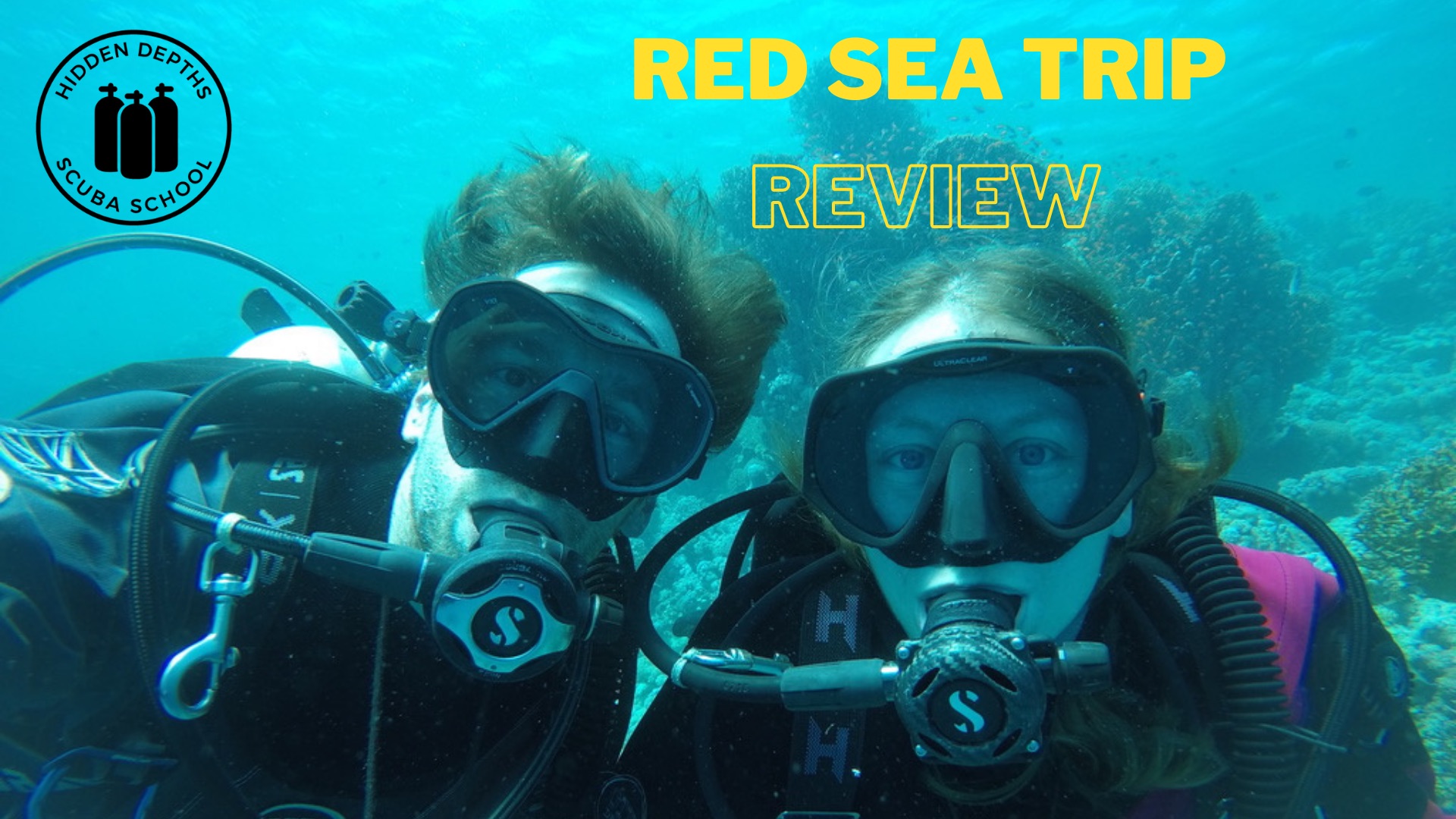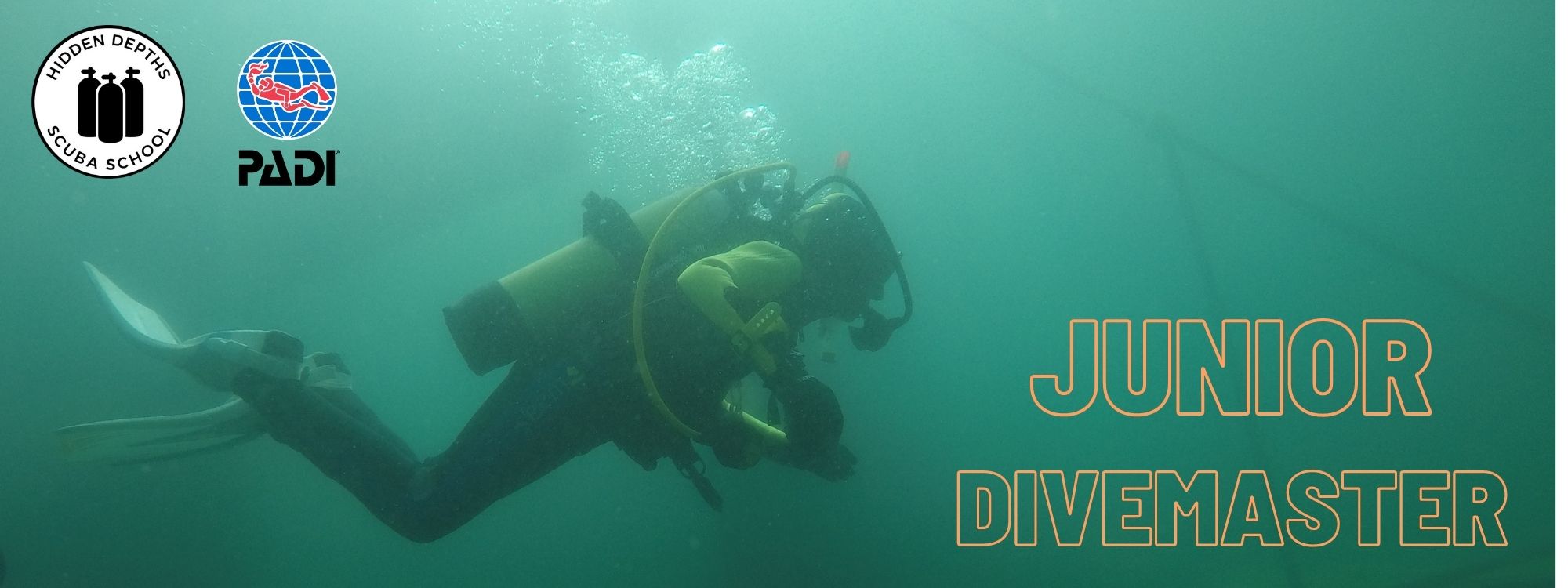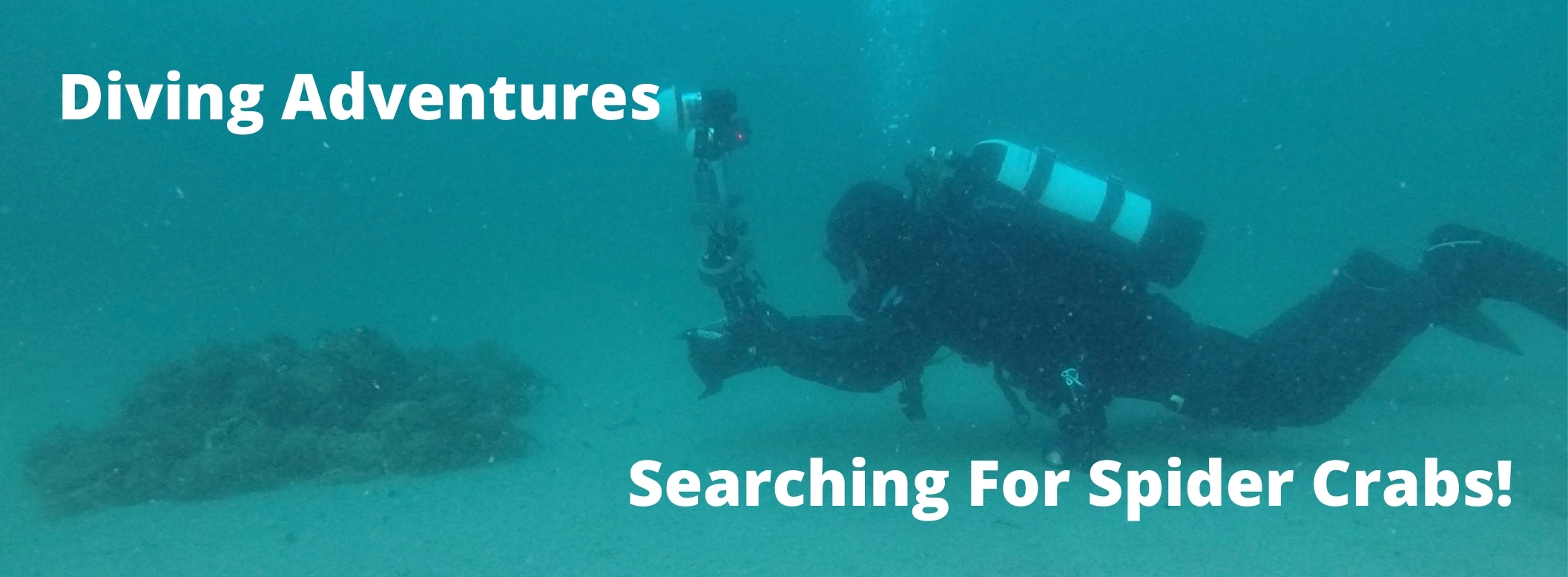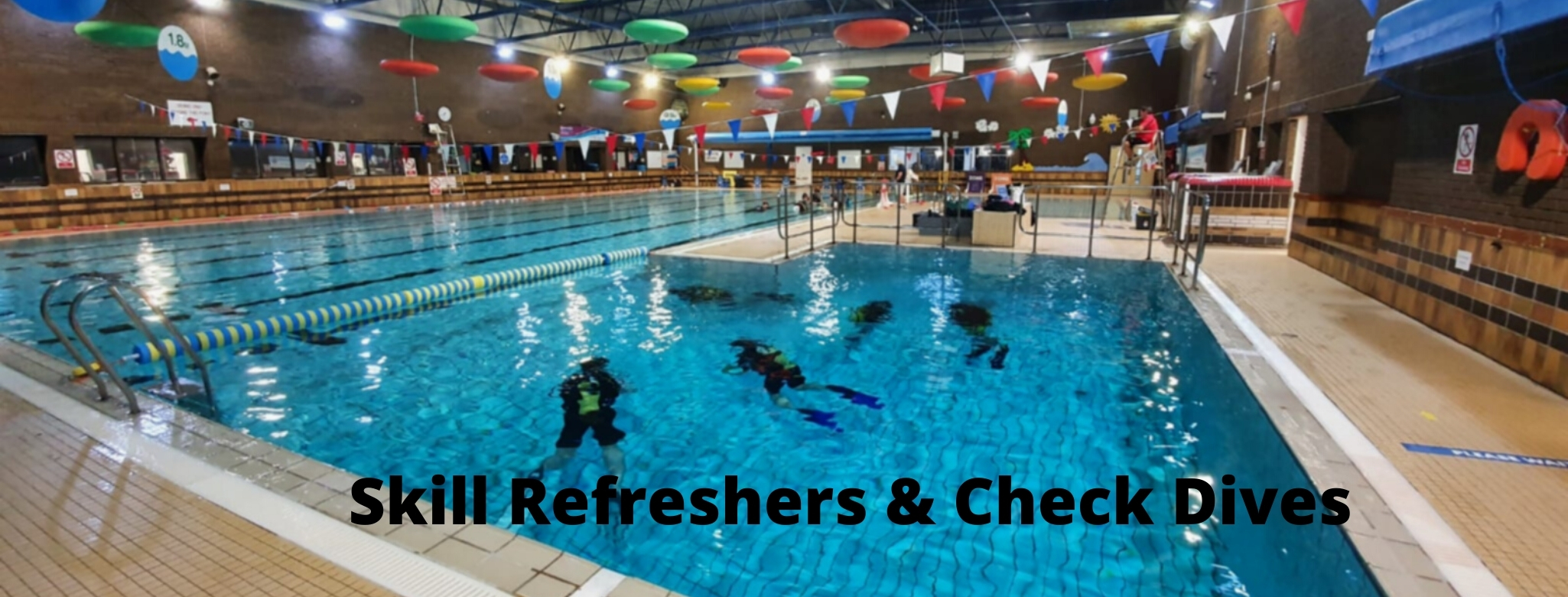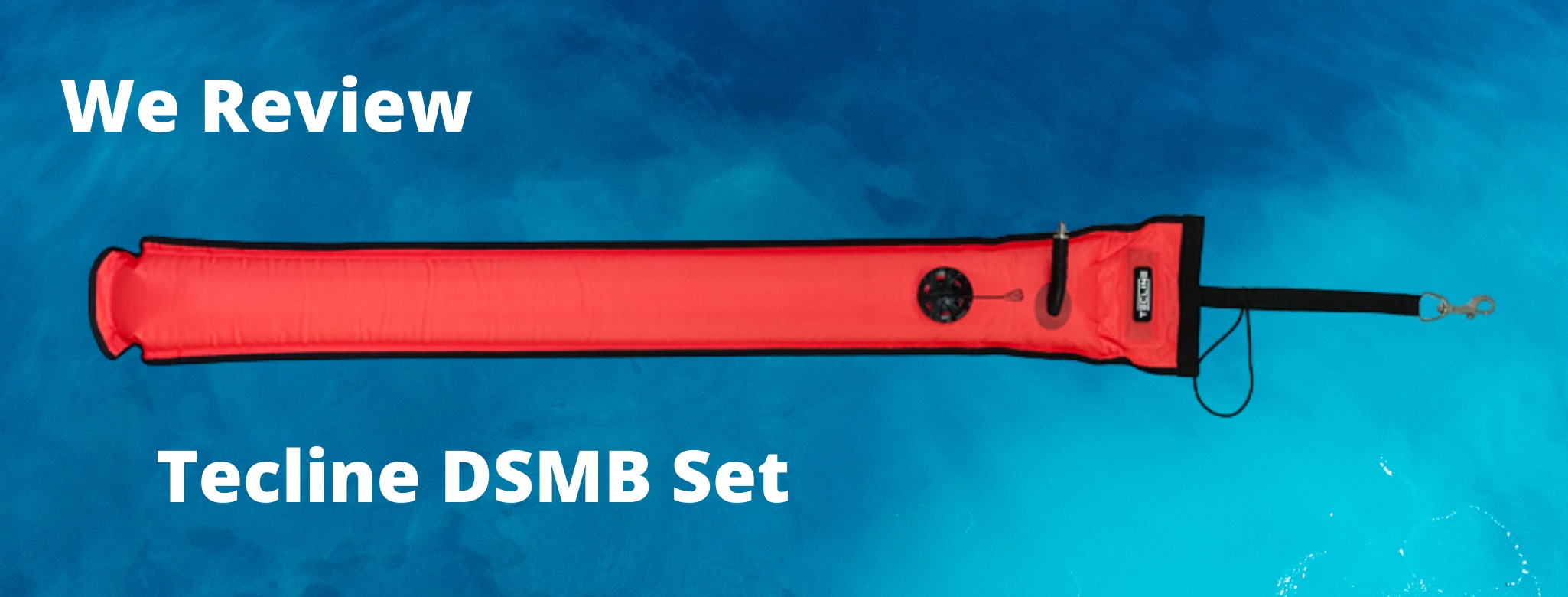You have 0 product(s) in your cart.
Dry Suits & Dry Suit Diver Speciality Course
Have you ever noticed what people are wearing at a dive site or on a dive boat? No, I’m not talking about the latest range of sunglasses, shoes or even the latest trend in headgear but rather the exposure protection; what’s keeping people warm (or not) under water. Divers might not be fashion icons but mostly we do like to be warm. What influences your personal choice of exposure protection, or have you not given it much thought yet?

As winter approaches and the warmer days become increasingly a memory, those wishing to continue diving into the autumn and winter, if not already doing so will be thinking of the viability, in particular with respect to keeping warm during and between dives. You’ll find most UK divers and certainly, all the staff team at Hidden Depths own and use dry suits for year-round diving, whether a shore dive in summer or a “winter warmer” boat trip off the coast. Hidden Depths has suits for use on club trips and courses.
Irrespective of where you dive, your body loses heat to the environment. Water is 20 times more conductive than air so of course, immersion in water greatly increases the heat loss rate. Exposure protection does not stop heat loss, merely reduces the rate of heat loss. Exposure protection choices depend on the temperature of the water being dived, duration of dives, depth of dives, personal comfort factors and to an extent the surface environment between dives. UK (water) temperatures range from rather balmy approx. 22°C at the surface (quarries and certain sheltered bays) to 6°C at depth in a quarry. Late summer temperatures off the coast may be in the mid-teens through the water column but winter surface temperatures may dip to around 4°C in late winter in inland dive sites and into single figures off the south coast. The coldest time of year in water is generally around February.
The main questions you might want to ask yourself are then around the nature and environment of your diving. For those planning exclusively to dive in tropical waters, eschewing UK diving completely, read no more since something between a 3mm shorty and a 5mm full wetsuit will suit almost all your diving. However, if you’re planning to do some diving (and it’s truly superb) in the UK, and dive year-round then, a dry suit becomes increasingly a necessity. If further, you plan on extending your dive durations beyond shorter dips, you’re planning weekend boat trips, repetitive dives and/or extended periods before, between and post dive in your exposure protection, it’s hard to see this being enjoyable without a dry suit. Club trips are organised year round, so there is always somewhere for you to dive.
If the answers to the questions are leaning you towards needing a drysuit, what next? Certainly, a PADI Dry Suit Diver Speciality course will prepare you for diving in a dry suit. Dry suit diving differs from wetsuit diving in that your primary buoyancy control will be via adding or removing air from your suit. The course will prepare you with the essential skills for managing buoyancy and trim throughout a dive, applicable contingency procedures and dry suit care. Some dive operations may require a certificate to be evidenced before allowing or renting dry suits.

There’s a significant range within dry suits; material type, entry point and especially for optional extras. More on this in the Diving Inventory blog published earlier. Taking a course before investing might help you select the right suit material, construction, thermals and optional extras before making this significant investment.
So, want to be warm(er) and comfortable and able to enjoy the best of British diving year-round? Talk to us about the Dry Suit Diver Speciality course and diving warmer. You’ll also be needing a beanie!
Hidden Depths Scuba School offers PADI’s Dry Suit Diver Speciality course, either as a standalone course, as an add-on to Open Water Course, or in various packages, for example together with Master Scuba Diver or for those progressing from Open Water to Advanced Open Water Diver.
By Robin, PADI Instructor
First Published - 10th December 2018
Updated - 11th May 2020

